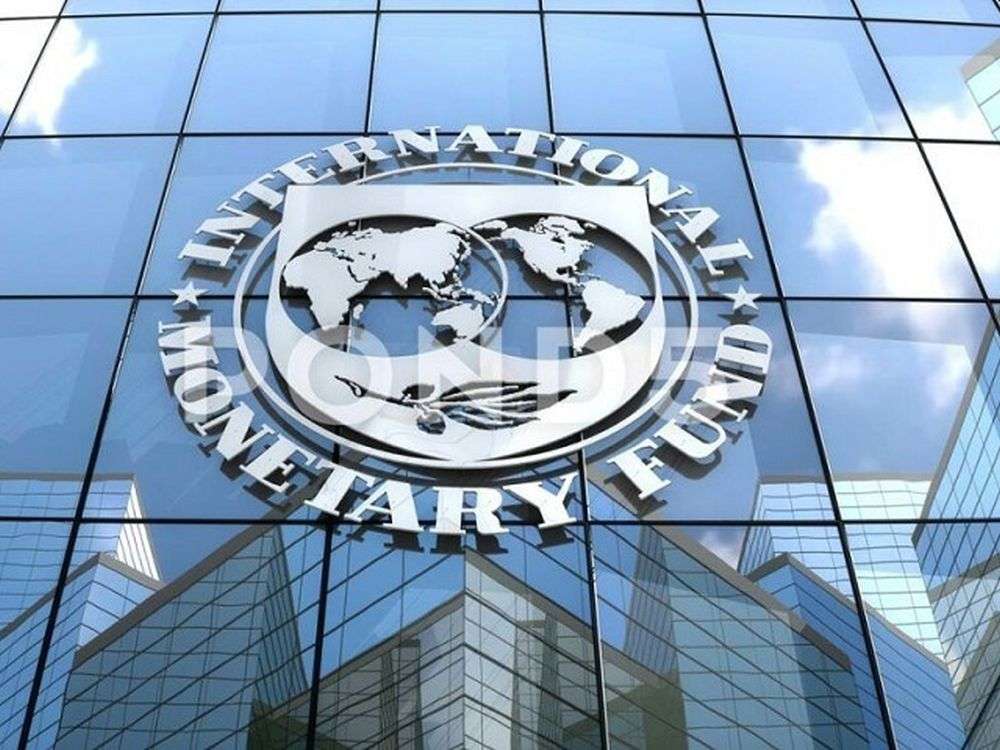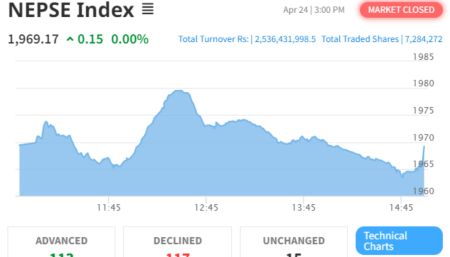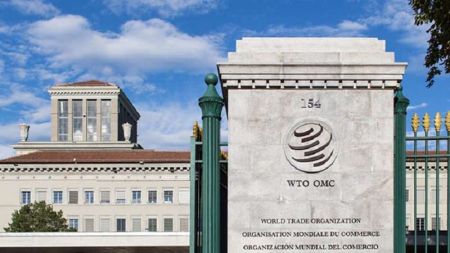October 14: The International Monetary Fund (IMF) has forecast a decline in global economic growth by 4.4 percent in its latest World Economic Outlook report.
The IMF acknowledged that the global economy is climbing out from the depths to which it had plummeted during the “Great Lockdown” in April.
But with the COVID-19 pandemic continuing to spread, many countries have slowed reopening and some are reinstating partial lockdowns to protect susceptible populations, IMF said in the report published on its website.
“Global growth is projected at 4.4 percent in 2020, a less severe contraction than forecast in the June 2020 World Economic Outlook (WEO) Update. The revision reflects better-than-anticipated second quarter GDP outturns, mostly in advanced economies, where activity began to improve sooner than expected after lockdowns were scaled back in May and June, as well as indicators of a stronger recovery in the third quarter.”
The report further states that the level of global GDP in 2021 is expected to be a modest 0.6 percent above that of 2019 following the contraction in 2020 and recovery in 2021.
While forecasting a global contraction this year after 2.8 percent growth last year, the IMF predicts a rebound to global growth of 5.2 percent next year, 0.2 percentage point lower than in its June forecast, reports the Associated Press.
IMF further said that the growth projections imply wide negative output gaps and elevated unemployment rates this year and in 2021 across both advanced and emerging market economies.
According to AP, the contraction of global growth by 4.4 percent would be the worst annual plunge since the Great Depression of the 1930s.
“While the global economy is coming back, the ascent will be long, uneven and uncertain,” Gita Gopinath, the IMF’s chief economist, wrote in the new outlook. “Recovery is not assured while the pandemic continues to spread.”
The report says the pandemic will reverse the progress made since the 1990s in reducing global poverty and will increase inequality. People who rely on daily wage labor and are outside the formal safety net faced sudden income losses when mobility restrictions were imposed.
Poor countries have been hurt the most by the pandemic, AP reported citing the IMF outlook. The World Bank has estimated that the pandemic has thrown between 88 million and 114 million people into extreme poverty, which is defined as living on less than $1.90 a day. That would mark the largest increase in extreme poverty on data going back to 1990. And it would end a period of more than two decades in which the rate of extreme poverty had declined.






















